Ruling could help providers recover money from Medicare Advantage sequestration cuts
By: Lisa Shencker
A recent decision by a federal judge may help bolster providers’ lawsuits against Medicare Advantage plans over those plans’ decisions to slash reimbursement rates in response to federal budget cuts.
In the case at issue, 11 Florida providers are suing Humana, saying the insurer wrongly cut payments to them in response to the 2013 federal budget cuts known as sequestration. During sequestration, the CMS reduced payments to Medicare Advantage organizations by 2%, and many of those organizations then passed those cuts on to providers in the form of lower payments.
The providers argue that their contracts with the plans prohibit such cuts. A Humana spokesman declined to comment on the case Thursday, but Humana has argued in court documents that, in order to prevail, the providers would have to show that Humana promised a certain reimbursement rate.
Though the case is ongoing, U.S. District Court Judge Ursula Ungaro in Miami decided on Aug. 18 that the matter will move back to state court—a decision that could help the providers in this case and in other cases brought over the same issue.
Had the case remained in federal court, Humana could have raised a number of defenses related to federal regulations, including that, as a federal officer, it should be immune from such suits, said Ken Hartmann, a lawyer for the providers in the case and a partner at KozyakTropin and Throckmorton in Miami.
Humana argued in court documents that when it reduced payments to providers, it was doing so as a federal officer, acting on behalf of federal agencies.
“If a federal officer enters into private contracts as part of its federally mandated duties under a comprehensive and detailed federal regulatory regime, plaintiffs would deny the federal officer access to the federal courts,” Humana said in court documents.
Ungaro, however, rejected that argument in her decision. She wrote that Humana’s payments to providers were governed by its contracts with those providers, not federal laws or programs.
“By giving a ruling up front [that Humana] is not a federal officer, it really takes the wind out of the health plan’s sails,” said Douglas Wolfe, also an attorney for the providers in the case and a partner at Kozyak.
Wolfe said the decision marks the first time a court has made a ruling about whether a Medicare Advantage plan can be considered a federal officer in relation to a sequestration case.
Brian Foley, a partner at Schenck, Price, Smith and King, who was not involved in the case, agreed that the decision to send the Humana case back to state court could help providers in other similar cases.
Not only did Ungaro rule that Humana was not acting as a federal officer, she also affirmed that the CMS did not tell plans how to handle the sequestration cuts, Foley said. In her decision, the judgequoted a 2013 CMS letter to Medicare Advantage organizations that said “whether and how sequestration might affect [a Medicare Advantage Organization’s] payments to its contracted providers are governed by the terms of the contract between the [organization] and the provider.”
“For the first time, we have a federal court saying it’s absolutely governed by the terms of the contract and there’s nothing in sequestration law that requires this be passed on to providers,” said Foley, who is currently handling a similar matter in arbitration.
Andrew Wachler, managing partner of Wachler and Associates, said that although not all courts will be bound by the decision to send the Humana case back to state court, “It still is an opinion that the analysis that can be relied upon by providers and also could help lead to settlements.” Wachler also has been involved in other similar matters in arbitration.
A number of disputes over sequestration cuts are in arbitration. In fact, the majority of such disputes are likely in arbitration because of the contract terms in question, Hartmann said.
At least a handful of similar cases involving various providers and insurers are also working their way through the courts. Most cases have not yet been decided, though a Pennsylvania state court decided in May against Highmark in a similar case.
In that case, Allegheny Common Pleas Court Judge R. Stanton Wettick wrote, “Highmark has been unable to point to any provision within the Provider Agreements that would support its 2% reduction from the amount Highmark is obligated to pay under the Provider Agreements.”
Hartmann and Wolfe noted that more cases concerning the same issue might emerge as providers become aware of the recent verdicts.
“To some extent, the smaller providers and institutions aren’t even necessarily aware they are suffering as a result of these sequester reductions because the manner in which the managed-care company explains the sequester isn’t necessarily transparent,” Hartmann said.
Wolfe said billions of dollars are potentially at stake. In the Humana case, the providers say they’re owed more than $8 million.
“This ruling we’ve gotten really paves the way to help providers bring these cases and pursue that money,” Wolfe said.
Click here for the original article.

